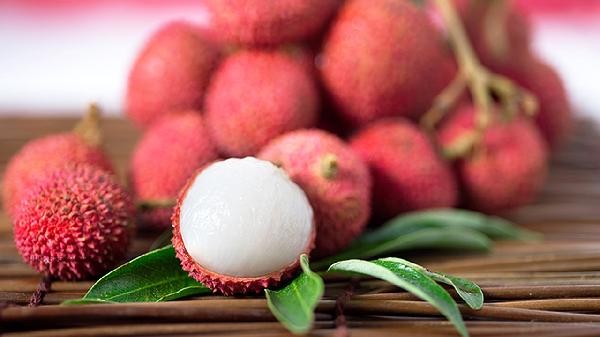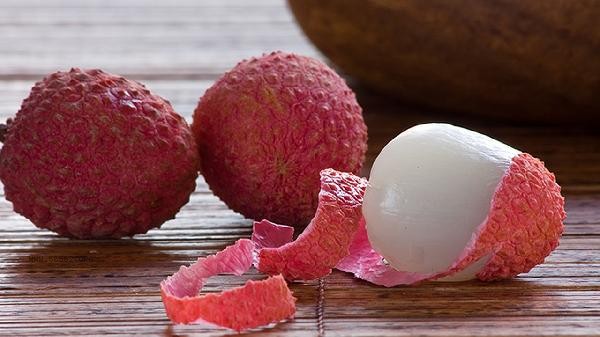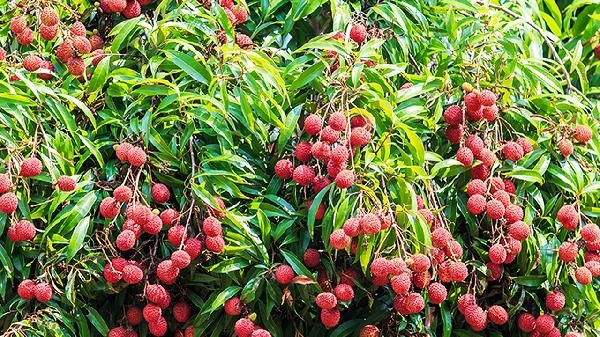Litchi and persimmon can be eaten together, but attention should be paid to the way and amount of consumption. The combination of the two will not produce toxic reactions, but consuming a large amount on an empty stomach may cause gastrointestinal discomfort. Litchi is rich in vitamin C and fructose, while persimmons contain tannic acid and dietary fiber. Moderate consumption can complement nutrients, and the sweet and sour taste of lychee can neutralize the astringency of persimmon. It is recommended to consume a small amount between meals and avoid intake on an empty stomach. Sweet persimmons with high maturity have lower tannic acid content and are more suitable for consumption with lychee. People with weak gastrointestinal function can consume the two separately, with an interval of at least one hour.

Immature persimmons contain more tannic acid, which may increase gastrointestinal burden when eaten with high sugar lychee. Some people may experience symptoms such as bloating and acid reflux. It is recommended to try taking a small amount first and observe the reaction. Patients with diabetes need to control their total sugar intake and avoid excessive consumption at one time. Drinking appropriate water after consumption can help promote digestion and absorption. If discomfort occurs, stop eating immediately.

Pay attention to food diversity in daily diet. Litchi and persimmon are both nutritious fruits, and a reasonable combination is more conducive to health. Patients with special constitutions or chronic diseases can consult a nutritionist to develop personalized plans. Maintaining a regular diet and moderate exercise can enhance digestive function. Choose fresh and ripe fruits, control the single intake within 200 grams, and avoid causing gastrointestinal discomfort.










Comments (0)
Leave a Comment
No comments yet
Be the first to share your thoughts!